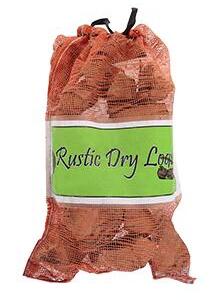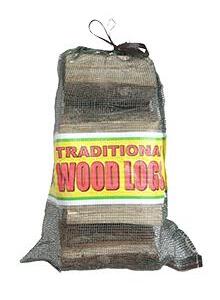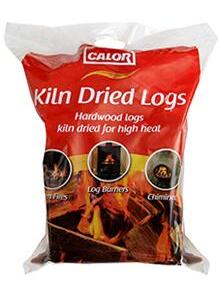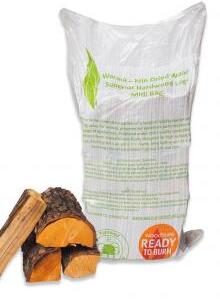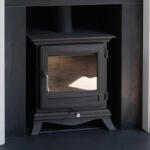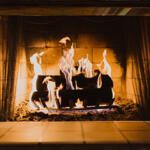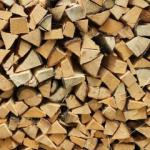
Burning hardwood vs softwood logs – what’s best for you?
If you’re new to the pleasures of a roaring fire, then you’re probably wondering what kind of wood you need to get started. And while both hardwood and softwood logs are great for burning, they each come with a different set of properties and offer different benefits to their consumers.
The differences between hardwood and softwood logs
Hardwood logs come from sturdy, slow-growing trees such as oak, birch and ash that shed their leaves during the cold winters and deliver a variety of strong and thick firewood. Softwood logs come from evergreen trees that tend to grow faster, such as Larch, Douglas fir and Spruce. They are typically coniferous trees that have needles and deliver light-weight selections of firewood. When purchasing new firewood, it’s important to know if it can fulfil the purpose you’re buying it for. With an interest in recreational log burning on the rise over fossil fuel options, such as coal and gas, you need to carefully consider if your chosen fuel source can meet your needs safely and cost-effectively. Both hardwood and softwood logs provide reliable heating, and feeding them is always an enjoyable experience. Here are the benefits and drawbacks of using hardwood versus softwood logs to meet your heating needs.
What to know about hardwood logs
Hardwood is generally considered to be the stronger choice when it comes to picking out firewood. This is mostly because hardwood is denser than softwood, which enables it to burn strongly for a long period of time. These logs do not create a lot of smoke and sparks, and the coals that remain can generate a great amount of heat while they last. However, the density of hardwood can make it difficult to start fires easily. The logs can also take longer to be properly seasoned before they can be burned.
What to know about softwood logs
Softwood logs are perfect for starting fires quickly and easily. The resinous nature of these logs allows them to be dried and seasoned in very little time, making them available at low prices. They are also lighter and easier to work with than hardwood. However using softwood can present a few difficulties – the amount of moisture in them can cause inconsistent flames and create unwanted smoke and sparks. To avoid this, it is important to make sure that your softwood is well-dried before burning it, especially when using a firewood stove.
If you would like to stock up your reserves of seasoned logs, or would like more advice, speak to us at London Gases today.
-
Hardwood Logs £9.50 -
Kiln Dried Softwood Logs – On SALE – STOCK CLEARANCE £6.99 -
Kiln Dried Logs £10.99 -
Selling FastMidi Bag Kiln Dried Hardwood Logs£30.00
